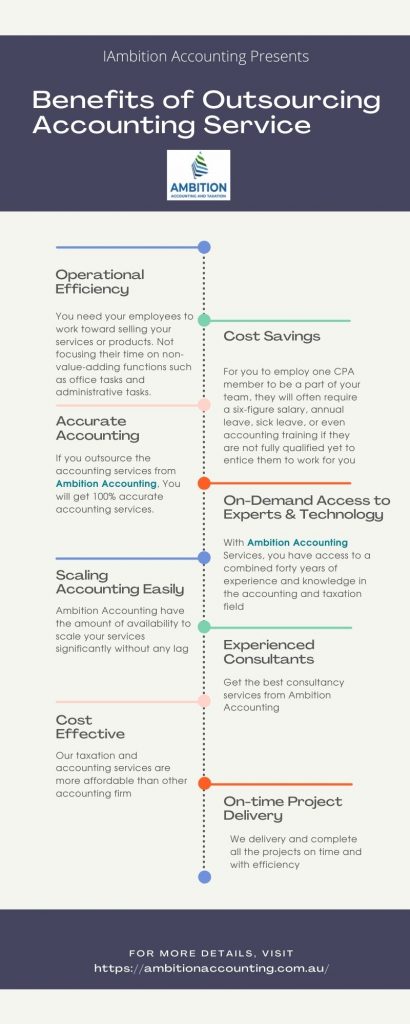Trust Tax Return
A trust tax return is filed every year by the trustees on behalf of the beneficiaries. Unless there are specific restrictions, the primary acting trustee is responsible for the tax reporting. If the trust doesn’t pay, other trustees will be charged. Ambition Accounting can provide assistance and guidance on trust tax returns. Alternatively, you can hire an accountant to prepare the tax return. A Self Assessment bill is the tax amount the trustees must pay to the government.

Tax Return Lodged Annualy
A trust tax return must be lodged annually. The trustee is responsible for managing the trust’s tax affairs, including the registering of the trust in the tax system and lodging trust tax returns. The beneficiaries generally pay taxes on income but may be responsible for a portion of the tax if it exceeds a certain limit. To file a trust’s income tax return, a trustee must input information regarding the deceased’s estate.
A trust needs its own TFN and ABN. All income and deductions must be disclosed on the trust tax return. Distributions to beneficiaries will determine the amount of tax due. Generally, no taxes are due when income is distributed to adult resident beneficiaries. However, preparing a trust tax return is a complicated process and should be done with the help of a professional. It’s advisable to seek advice from a professional before you commence work.
Filing a trust tax return in Prestons, Liverpool
While the beneficiary may receive distributions, the trustee is responsible for filing a trust tax return. Depending on the trust’s structure, a revocable trust can file a tax return during the grantor’s lifetime. If a grantor passes away before the trust’s end, it must file an amended return, also known as a Form 1040X. The beneficiary’s share of tax is taxable to the Trust.

The income derived from a trust is assessed for the year. The trust tax return is filed by the trustee. This income is distributed to the beneficiaries according to the terms of the trust agreement. This income is taxable in the beneficiaries’ hands. This is why the trust tax return is required every year. Therefore, a timely trust tax return is vital for the taxation of a trust. So, it’s best to seek the advice of a professional to prepare for a successful return.
Conclusion
A trust’s TFN and ABN are separate from its individual taxpayers. A trust tax return will list all its income and deductions. The beneficiary’s tax liability will depend on the type of distributions received. If the beneficiary is an adult, no tax will be payable. If the trustee fails to file the TFN, the beneficiary will owe the trust income. A TFN and ABN will be a significant part of a trust’s income taxes.
